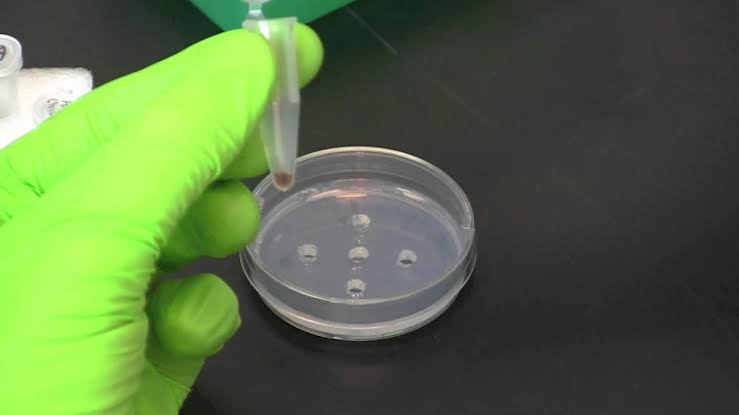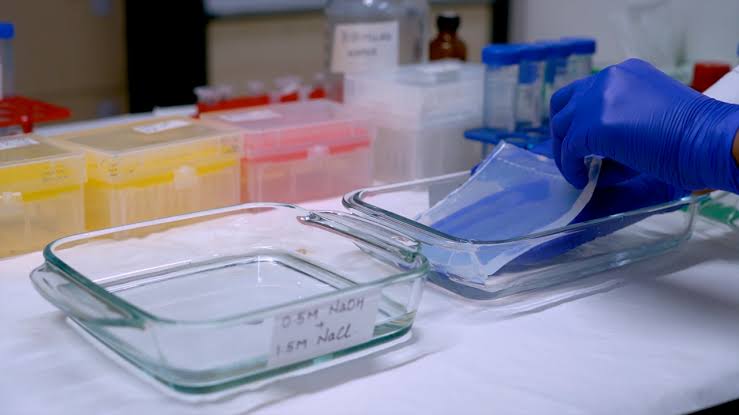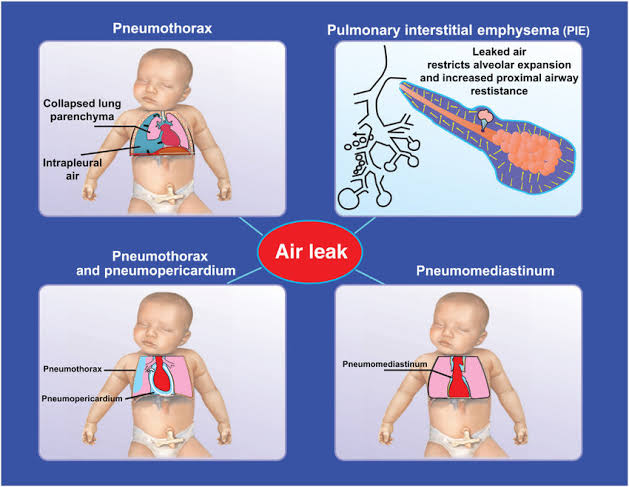
Transfection Assays with Allele-Specific Constructs
Transfection assays are essential tools in molecular biology used to introduce nucleic acids into cells. When studying genetic variants, especially those related to drug metabolism, allele-specific constructs can help elucidate the functional consequences of specific alleles on gene expression and enzyme activity.
Functional Analysis of UDP-Glucuronosyltransferase Variants
UDP-glucuronosyltransferases (UGTs) are a family of enzymes that play a crucial role in drug metabolism by catalyzing the conjugation of glucuronic acid to various substrates, including drugs and endogenous compounds. Variants in UGT genes can lead to differences in enzyme activity, affecting drug clearance and toxicity.
Key Points:
- Allele-Specific Constructs: These constructs allow researchers to study the effects of specific genetic variants on UGT function by comparing the activity of different alleles.
- Transfection Assays: By transfecting cells with these constructs, researchers can measure changes in enzyme activity or expression levels associated with each variant.
- Clinical Implications: Understanding how these variants affect drug metabolism is critical for personalized medicine, as it helps predict patient responses to medications.
CYP2D6 and CYP2C19 in Drug Metabolism
Cytochrome P450 enzymes, particularly CYP2D6 and CYP2C19, are vital for the metabolism of many drugs. Genetic polymorphisms in these enzymes can significantly influence drug efficacy and safety.
CYP2D6:
- Function: Metabolizes approximately 25% of all drugs.
- Polymorphisms: Variants can result in poor, intermediate, extensive, or ultra-rapid metabolizer phenotypes.
- Clinical Relevance: Variability affects dosing strategies for medications such as antidepressants and opioids.
CYP2C19:
- Function: Involved in the metabolism of several important drugs including clopidogrel and proton pump inhibitors.
- Polymorphisms: Similar to CYP2D6, variations can lead to different metabolic capacities.
- Clinical Relevance: Genotyping for CYP2C19 is recommended before prescribing certain medications to optimize therapeutic outcomes.
Snapshot of Allele-Specific Variation in Human Gene Expression
Allele-specific expression (ASE) refers to the differential expression levels of alleles at a given locus. This phenomenon can be influenced by genetic variation within regulatory regions or coding sequences.
Key Points:
- Importance of ASE: Understanding ASE is crucial for comprehending how genetic diversity impacts phenotypic variation and disease susceptibility.
- Techniques Used: High-throughput sequencing and microarray technologies are commonly employed to analyze ASE across populations.
Genome-Wide Analysis Using Oligo Microarrays
Oligonucleotide microarrays enable researchers to conduct genome-wide studies on allele-specific gene expression efficiently.
Key Points:
- Methodology: These arrays allow simultaneous measurement of thousands of genes, providing insights into global gene expression patterns influenced by genetic variants.
- Applications: Useful for identifying potential biomarkers for diseases and understanding complex traits influenced by multiple genes.
Roche AmpliChip
The Roche AmpliChip is a microarray-based diagnostic tool that allows for genotyping of polymorphisms related to drug metabolism enzymes like CYP2D6 and CYP2C19.
Key Points:
- Utility: It aids clinicians in determining appropriate medication dosages based on an individual’s metabolic capacity.
- Impact on Personalized Medicine: The use of this technology supports tailored therapeutic strategies that enhance efficacy while minimizing adverse effects.
HaploChIP: An In Vivo Assay
HaploChIP is an innovative technique designed to study chromatin interactions at specific loci while considering haplotype variations.
Key Points:
- Functionality: This assay allows researchers to investigate how different alleles interact with chromatin modifications and transcription factors.
- Significance: Understanding these interactions provides insights into gene regulation mechanisms affected by genetic variation.
In conclusion, transfection assays utilizing allele-specific constructs provide valuable insights into the functional implications of genetic variants on drug metabolism through enzymes like UGTs, CYP2D6, and CYP2C19. The integration of advanced genomic technologies enhances our understanding of allele-specific gene expression and its clinical relevance in personalized medicine.







